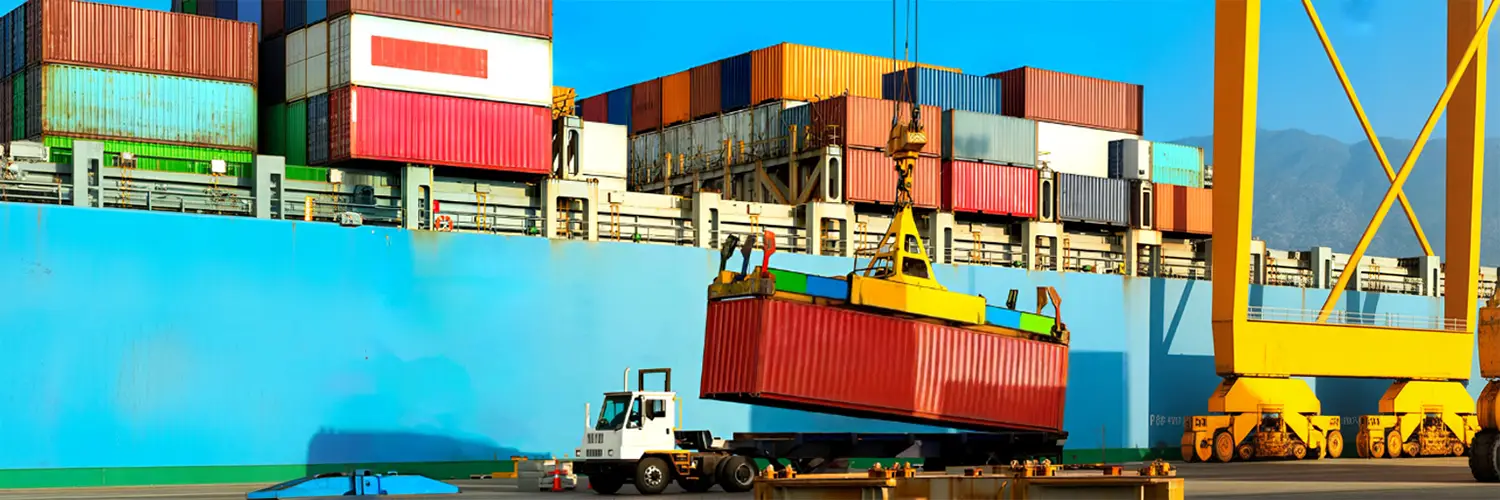How Freight Forwarders Ensure Risk Management in International Shipping
Global trade powers economies, but moving goods across borders comes with inherent risks. From natural disruptions to complex customs requirements, shipping companies face challenges every day. Businesses rely on freight forwarders because they provide the structure and expertise needed for effective risk management in international shipping. Their role goes far beyond transporting cargo; they safeguard value, timelines, and compliance at every step.
Understanding the Complexities of Global Shipping
International shipping is not a straightforward journey. Each country imposes unique regulations, documentation requirements, and inspection standards. Political unrest can shut ports overnight. Weather events can disrupt schedules. Currency fluctuations and sudden surcharges may erode margins. These complexities highlight why businesses turn to experienced freight forwarders. They provide clarity, create contingency plans, and reduce exposure to global volatility.
Risk Management Strategies in International Shipping
Freight forwarders apply a layered approach to protect cargo, compliance, and timelines. Their strategies cover every angle, from physical safety to financial protection.
Cargo Safety and Damage Prevention
Physical damage remains one of the biggest risks in logistics. Forwarders focus on strong packaging standards suited to the type of cargo, verified handling protocols for fragile or oversized goods, temperature-controlled storage for perishable or sensitive shipments, and carrier partnerships with proven safety records. By integrating safety measures into contracts and operations, they ensure goods arrive in the same condition they were dispatched.
Cargo Insurance for International Shipping
Insurance acts as a crucial safeguard against the many uncertainties of global trade. Freight forwarders help businesses evaluate coverage options that align with the nature of their cargo and the routes involved. By ensuring the right protection is in place, they reduce the financial impact of accidents, theft, or unforeseen disruptions. This layer of security allows companies to continue operations with confidence, even when challenges arise during transit.
Customs Compliance and Legal Safeguards
Customs authorities are unforgiving when documents are incomplete or inaccurate. Forwarders ensure bills of lading, commercial invoices, and certificates match regulations, duties and tariffs are calculated correctly, and special permits for restricted goods are secured. The risk of non-compliance can result in fines or even cargo seizure. Forwarders protect businesses by navigating these rules with precision, ensuring shipments clear borders efficiently.
Shipping Delays and Risk Control Measures
Delays can derail supply chains and cause reputational damage. Common triggers include port congestion, strikes, equipment shortages, and adverse weather. Forwarders counter these risks by identifying alternative ports and routes, consolidating smaller shipments to reduce handling, and building buffer timelines in high-risk trade lanes. Sea transport dominates world trade. Nearly 80% of global trade by volume moves by sea (UNCTAD). With such reliance on maritime routes, proactive delay management becomes indispensable.
Role of Technology in Risk Mitigation
Modern logistics relies heavily on digital platforms. Freight forwarders use real-time tracking for visibility, predictive analytics to anticipate disruptions, and automated customs filing for speed and accuracy. Technology not only increases transparency but also builds trust. A growing number of international agencies are investing in supply chain digitalization to improve efficiency and resilience. By adopting these tools early, freight forwarders keep their clients ahead of risk.
Building Stronger Supply Chains Through Risk Management
Supply chains function as networks, not linear paths. Forwarders conduct regular audits to identify weak points and propose corrective measures. They foster collaboration among carriers, customs agents, insurers, and shippers, ensuring risk is shared rather than shouldered by a single party. Proactive engagement strengthens resilience and prepares companies for unexpected shocks.
Case Examples of Effective Risk Control
Consider perishable goods like pharmaceuticals or fresh produce. Forwarders secure temperature-controlled containers and monitor them until delivery. When geopolitical unrest disrupts a trade lane, shipments are rerouted through safer corridors. In cases of unforeseen port strikes, pre-negotiated agreements with alternate carriers ensure continuity.
Managing Perishable Cargo: Specialized reefer containers, 24/7 monitoring, and rapid customs clearance are used to prevent spoilage and financial losses.
Rerouting During Crises: In politically unstable regions, forwarders quickly shift shipments to alternative ports or switch to air freight to maintain timelines.
Contingency Agreements: Strong relationships with multiple carriers and warehousing providers allow forwarders to respond when ports shut down or labor strikes occur.
These practices underline the value of expertise in turning potential losses into controlled adjustments, reinforcing business continuity even in uncertain environments.
Future of International Shipping Safety
The logistics industry continues to evolve. Artificial intelligence is now being used to forecast disruptions before they occur. Sustainability pressures are driving investment in cleaner, safer transport. Global regulators are setting stricter standards around emissions and cargo safety. Freight forwarders who adapt quickly will lead the way in offering safer, compliant, and environmentally responsible logistics solutions.
Conclusion
Freight forwarders are not just intermediaries; they are strategic partners who protect businesses from unpredictable challenges. Their expertise covers safety, compliance, insurance, and technology-driven solutions. In today’s volatile trade environment, partnering with a provider that understands freight forwarders risk management ensures shipments move securely and efficiently.
Secure your cargo with experts who understand every angle of global risk. Reach out to Dynamic Worldwide Logistics Group today and move your business forward with confidence.
FAQs
What is the biggest risk in international shipping?
The most significant risks are cargo damage, customs non-compliance, and unexpected delays caused by congestion or weather.
How do freight forwarders reduce the chance of delays?
They plan alternate routes, build flexibility into schedules, and collaborate with carriers who have contingency options.
Why is cargo insurance critical in global trade?
It shields businesses from financial loss when goods are stolen, damaged, or lost in transit, offering security that trade contracts alone cannot provide.
What role does technology play in freight forwarders risk management?
Technology provides real-time visibility, predictive insights, and faster compliance processing, reducing human error and increasing resilience.



















